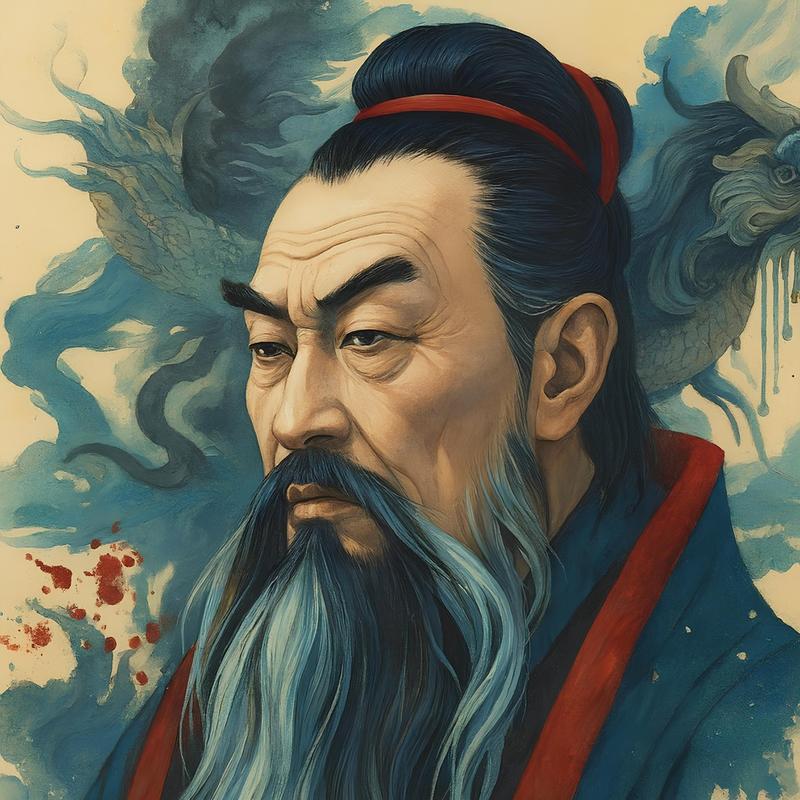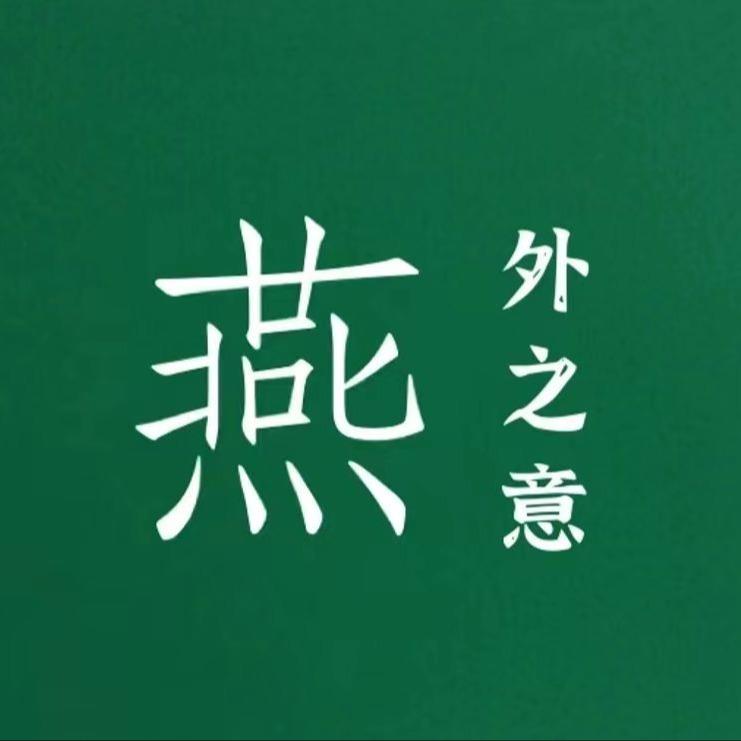道可道 This is The Way
一档关注中国哲学的播客

主播:
HD955287v
出版方:
佚名
订阅数:
1,405
集数:
29
最近更新:
2天前
播客简介...
道可道 (This is The Way: Chinese Philosophy Podcast) 是一档专注于中国哲学的播客节目。两位哲学教授深度解读经典中国哲学文本,与学者对话,深入探讨哲学话题,适合所有对中国哲学感兴趣的听众。
节目目前有存货,每周一中午更新!
中文版可在小宇宙、QQ音乐和内地 Apple Podcasts收听。
英文版 “This is the Way: Chinese Philosophy Podcast” 更新进度更快,在 Spotify, YouTube, Apple Podcasts, Buzzsprout 都可以收听,每三周星期四更新, roughly, lol.
小编正在拼命追赶隔壁的进度条中 ◖⚆ᴥ⚆◗,感谢大家耐心等待和支持!
道可道 This is The Way的创作者...
道可道 This is The Way的节目...
道可道 This is The Way的评价...







